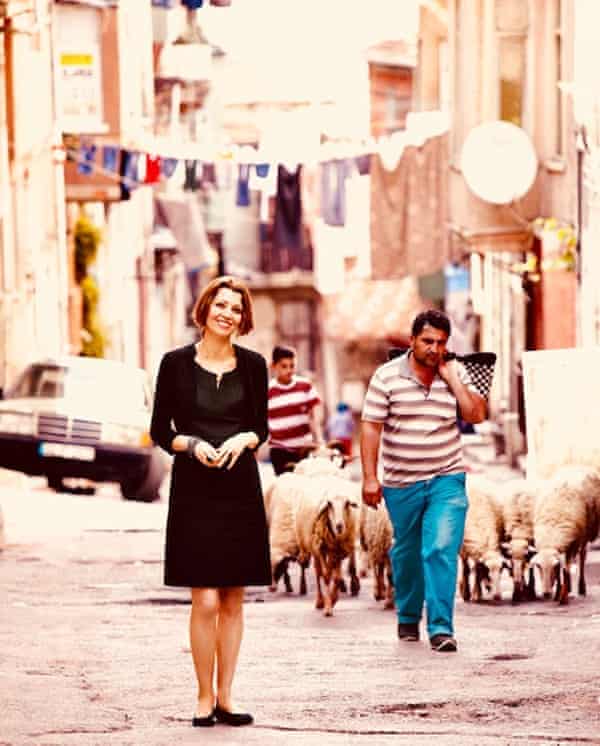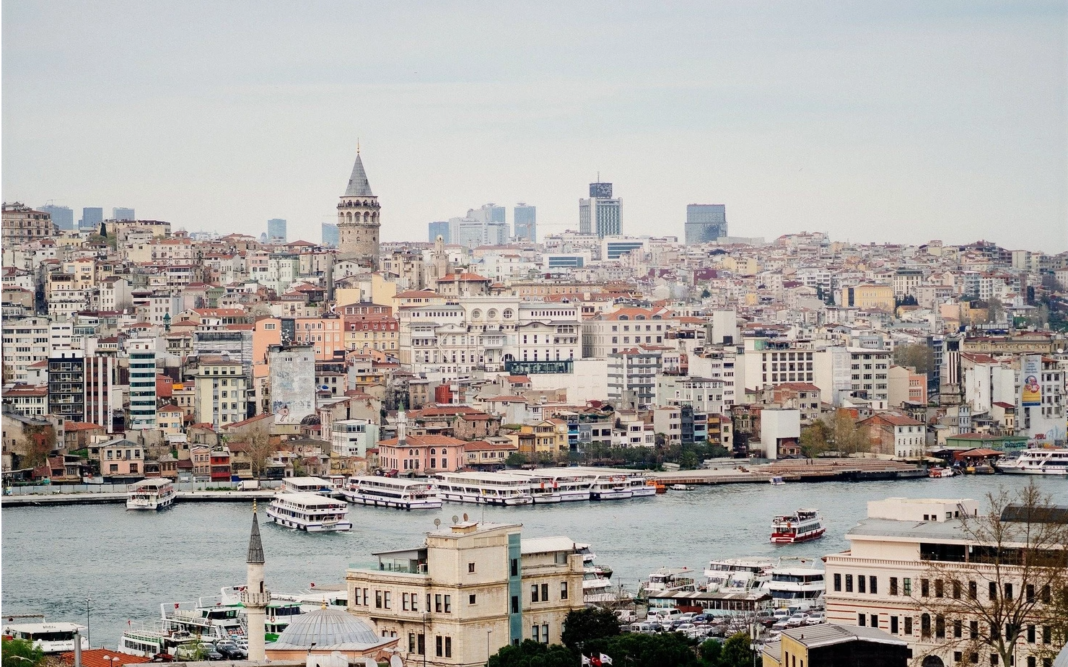Guardian, August 13, 2021, Elif Şafak
In 1999, as temperatures rose, tempers flared – and then a rumble began to rise from the ground
t was the height of summer in Istanbul, the combination of heat and humidity so suffocating that we had all become insomniacs – the cats on the streets, the people in their homes and the seagulls perched on the rooftops.
I was 28, and lived in a small flat on Kazanci Yokuşu, the Steep Street of Cauldron Makers. It was a noisy place – chaotic, restless, dissatisfied. I had saved up money to swap my yellow typewriter for a Power Macintosh and now it towered over my desk, this gargantuan machine. I was intimidated not so much by its presence as by what I might write into it. In the afternoons, as I sat by the window jabbing away at the keyboard, I listened to the sounds of the city – the rolling dice from the backgammon boards at the teahouse nearby, the hum of cars and trucks, the beeping of horns, the shouting and swearing, an endless rage against other people’s mothers. As the heat built up in the summer of 1999, so did the levels of anger and frustration in the city.

I had a neighbour back then. I had many neighbours, but there was none like her. No one else wore such high heels or skirts so short, no one else had hair that changed colour every few weeks, always sprayed with glitter. Even today, years and miles away, whenever I remember her what appears in my mind’s eye are flecks of shimmering silver, glowing gold. She worked in a club near Taksim Square. She was not a prostitute and she got offended when people thought otherwise. Every evening after sunset she would inch her way up, tottering in her high heels and every morning just before dawn she would return, tired and heavy.
Opposite our apartment building there was a grocery store where I would buy basic provisions cherished by every Istanbulite – bread, yoghurt, roasted sunflower seeds. It was run by a cheerful, chatty couple. But that summer their nephew took over the business. A stern man, extremely religious. He stopped selling liberal-left newspapers and magazines, he stopped the sale of alcohol. I noticed whenever my neighbour passed by, he would turn his head, refusing to offer a salaam.
We quickly nicknamed him “the fanatic grocer”. The nearest market being further up the road, for a while we kept shopping from him. As July ended and August raged on, the neighbourhood consumed fanatic eggs, fanatic coffee, fanatic green peppers stuffed with fanatic rice. One morning, I stopped by the shop to purchase menstrual products. The grocer grimaced at the package I pulled from a shelf, clearly disgusted. He wrapped the sanitary pad in two newspapers before handing it back to me. I decided to stop shopping there. My neighbour, who had taken a day off due to a migraine attack, agreed.
The same night, there was a sweet breeze in the air, an unexpected gift from the skies. Finally we were able to fall asleep – the cats, the humans and the seagulls. And then, at three o’clock, it began: a tremor at first, then a horrific rumble rising from the ground as the earthquake took hold.
I will never forget the summer of 1999 in Istanbul. The enormous human suffering; the camaraderie in the face of death and destruction
I ran out. People were shouting, crying, looking for their loved ones. I walked around in a daze, crossed the street and stopped in my tracks at the strange sight I found there. My trans neighbour and the fanatic grocer were sitting side by side. She was sobbing, her mascara had left black streaks on her cheeks. And I watched as the grocer opened a pack of cigarettes and offered her one.Advertisement
We spent that night on the streets, listening to the radio, trying to understand the extent of the catastrophe. We didn’t know yet that more than 17,000 people had died in those few seconds and up to 50,000 people had been injured.
I will never forget the summer of 1999 in Istanbul. The enormous human suffering; the unexpected camaraderie in the face of death and destruction. It only took a matter of days to go back to “normal”, to return to our old ways and prejudices, and the city continued to grow and grow, learning nothing.

